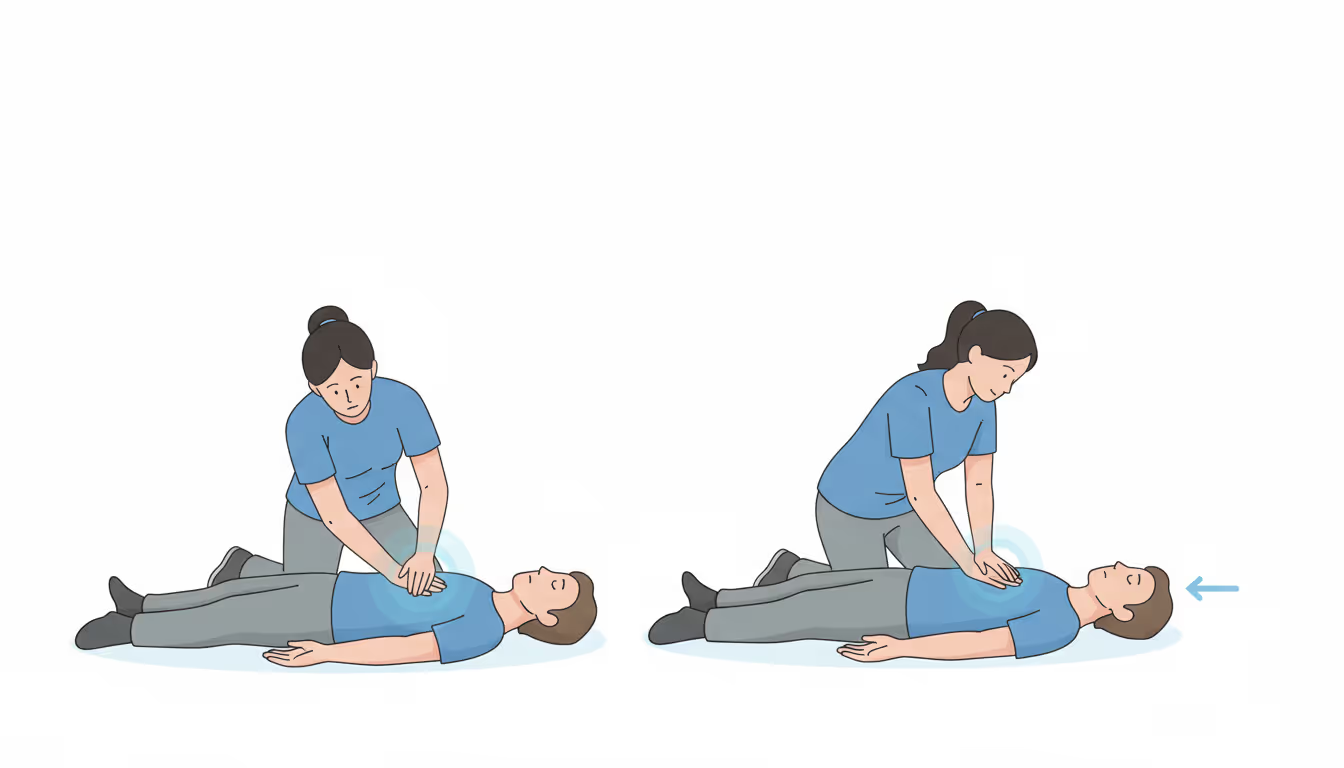
Asperger syndrome, a form of autism, is marked by a significant gap between the intellectual and social capabilities of those affected. This pervasive disorder is primarily characterized by challenges in understanding social interactions. Common symptoms include awkward and uncoordinated physical movements, social difficulties with pronounced self-centeredness, restricted interests, unusual fixations, repetitive behaviors or routines, unique speech patterns, and difficulties with non-verbal communication.Individuals with Asperger syndrome, often referred to as "Aspies," typically display limited facial expressions, mostly showing anger or sadness. They often possess exceptional memory skills and musical talents and may become deeply focused on one or two areas of interest, often to the exclusion of other topics. They might speak extensively about a favorite subject or frequently repeat certain words or phrases. People with Asperger syndrome are often absorbed in their own world, focused on their personal interests.Asperger syndrome typically manifests after the age of 3. Some individuals show features of autism—a developmental disorder marked by challenges in social interaction and communication—but have well-developed language skills, leading to a diagnosis of Asperger syndrome.There is no definitive cure or treatment path for Asperger syndrome. Treatment is generally symptomatic and rehabilitative, potentially involving a combination of psychosocial and medication-based approaches. These may include psychotherapy, parent education and training, behavioral modification, social skills training, educational interventions, and medications like psychostimulants, mood stabilizers, beta blockers, and tricyclic antidepressants.Children with Asperger syndrome generally have a more favorable prognosis compared to those with other pervasive developmental disorders, and many achieve independent functioning in adulthood. However, they often continue to exhibit subtle social interaction challenges. There is also a heightened risk of developing mental health issues, such as depression and anxiety, later in life.The syndrome is named after Hans Asperger, an Austrian pediatrician who, in 1944, published a study on a group of boys exhibiting normal intelligence and language development but displaying behaviors similar to autism. Asperger (1906-1980) was a pioneer in his field, leading the play-pedagogic station at the university children's clinic in Vienna in 1932 and becoming the director of the children's clinic in 1946. He was particularly interested in children with "psychically abnormal" conditions.Common misspellings include Aspergers, Aspberger, Aspberger's, Aspbergers, Asberger, Asbergers, or Asberger's.




